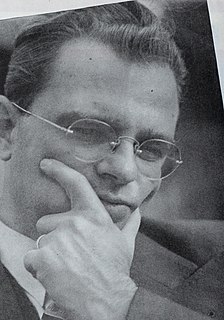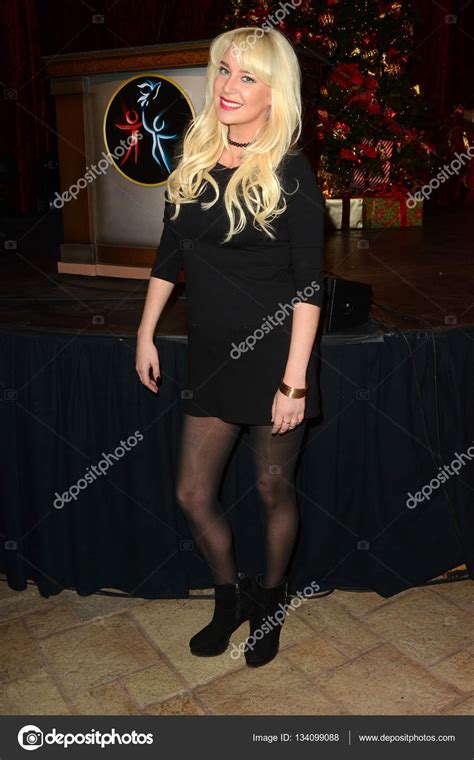A Quote by Lionel Trilling
After all, no one is ever taken in by the happy ending, but we are often divinely fuddled by the tragic curtain.
Related Quotes
'Fargo' is a tragedy with a happy ending. So you need to have that tragic underpinning, that all of this could be avoidable, and that's what makes it tragic. It's about the use of violence, and the fact that the tension in anticipation of violence and the tension in anticipation of a laugh are sort of the same.
Of all the universal lies she accepted unquestioningly, the happy ending was the most absurd. The hero and heroine lived happily ever after, and the ending seemed indisputable, definitive. No questions asked about how long love or happiness lasts in that 'forever' that can be divided into lifetimes, years, months. Even days




































